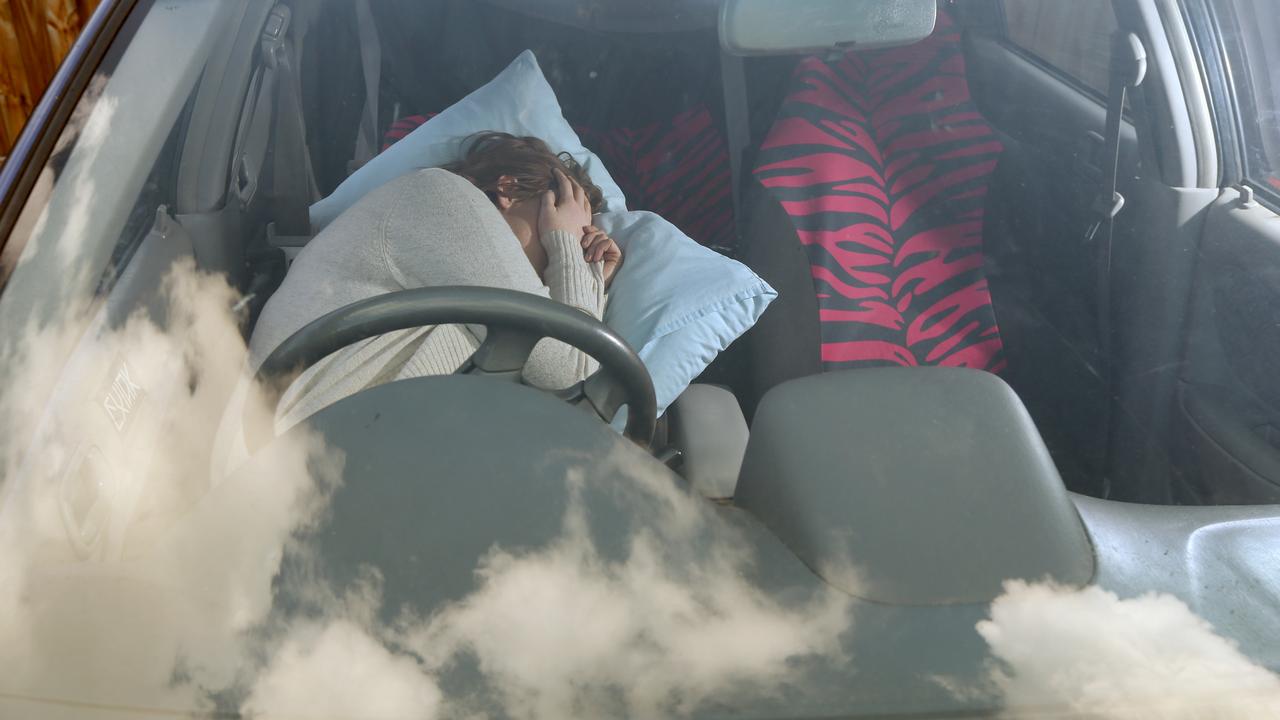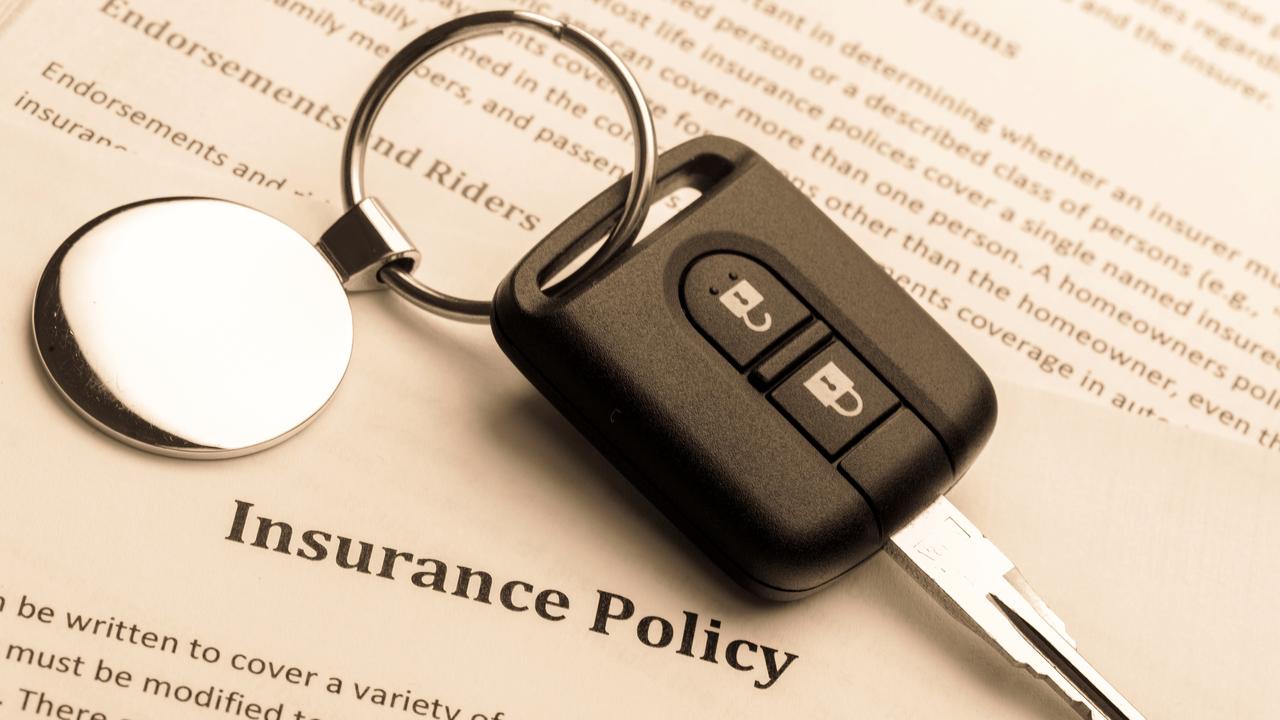How cars and insurance policies can be used in domestic violence
Alarming new data has revealed Aussies are completely unaware of how an everyday essential can be used against them to perpetuate domestic violence.
To most Australian drivers, having access to a car makes them feel comfortable, safe, and gives them a sense of freedom.
This is perhaps especially true for victim-survivors of domestic and family violence.
It makes it particularly cruel that cars are often weaponised as a tactic of violence, new research shows – and, yet, only 5 per cent of Aussies can perceive it as one.

After working in the domestic and family violence sector for some 20 years, case worker Nicole knows exactly how important a car is to those escaping violence.
“If you’re getting out of a dangerous situation you can’t mess around,” she told news.com.au.
“If your gut tells you that you have to get your family out, or something happens, or you’ve been threatened, you need to get out fast.”
She said cars are a critical part of case workers’ “safety plan” for their clients, especially when devising an “escape route” from violent situations.
“They can’t sit at the bus stop. Some don’t have the money for a taxi. A car is the fastest way to get out of a (dangerous) situation. But, in the same breath, it has to be safe, have fuel, have clothes, kids’ teddies.”
And the car, often, becomes a family’s new refuge after escaping violence – which is a leading cause of homelessness for women and children.

But a new report from the University of New South Wales’ Gendered Violence Research Network, in partnership with Allianz Australia, has revealed the connection between cars and domestic violence.
The report surveyed workers in the domestic and family violence space and found that perpetrators would intentionally damage cars, prevent victim-survivors from accessing money to use the car, or tracking the vehicle.
Nicole said she has seen and heard of all of these and more in her decades of working in the sector: from passengers being harmed or threatened in the car, to perpetrators stealing car keys to use the car without their victim knowing, or controlling finances and vehicle registration.
“(A perpetrator) may cancel insurance, or not make payments, or they will steal the (victim-survivor’s car) keys when they’re asleep and (the perpetrator has) racked up fines, tolls, or damaged the car,” she said.
“So it’s not only a threat of having a roadworthy car to get to school, work, or appointments, but how will I pay for these fines, or repairs.”
Continue the conversation – georgina.noack@news.com.au

Allianz found the most common car-related tactics in violent situations are removing a victim-survivors name from a joint policy (59 per cent), cancelling it altogether (57 per cent), refusing to service the car or draining fuel from the car (both, 51 per cent).
And yet the insurer found almost three-quarters (72 per cent) of Aussies do not know the risks of a joint policy, even though almost two in five drivers have one (typically with a partner or spouse).
In response to the alarming findings, Allianz has implemented a number of changes to its policies to protect its customers – particularly victim-survivors – from the actions of perpetrators.
The insurer already introduced a family violence policy designed specifically to help customers connect with a specialist case manager and sensitive claims handling.
But the company’s survey found that the majority (77 per cent) of car owners want insurers to do more to support customers facing domestic violence.

Lead researcher of the UNSW research, and co-convener of GVRN, Jan Breckenridge said she hoped other insurance companies followed Allianz’ lead and reviewed their recommendations.
“It is great to see Allianz acting swiftly to implement our recommended changes outlined in our research,” Professor Breckenridge said.
“They are leading the way in showing how insurers can support their customers that are victim-survivors.”
She said it was “imperative” that Aussies continued to learn about the risks of domestic violence and how it presents, “especially to help support loved ones that may be going through it”.
This report follows alarming stats out of the Australian Bureau of Statistics that show one in five Australian adults has experienced violence, emotional abuse or economic abuse by a partner since the age of 15.
An estimated 27 per cent, or 2.7 million women, experienced partner violence or abuse, compared to 15 per cent of men.





